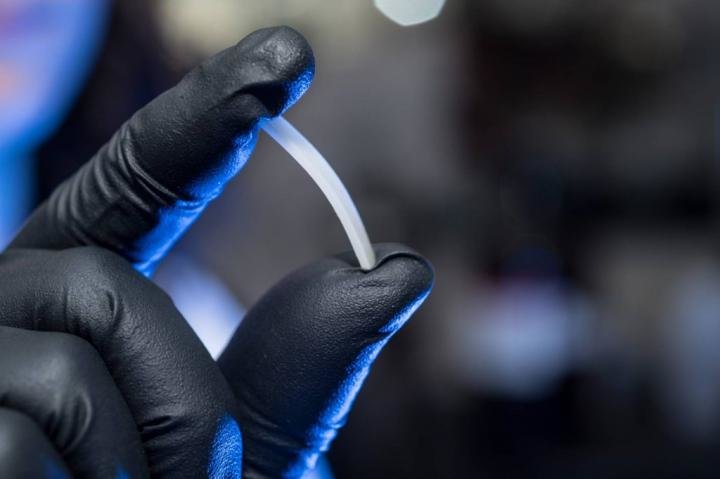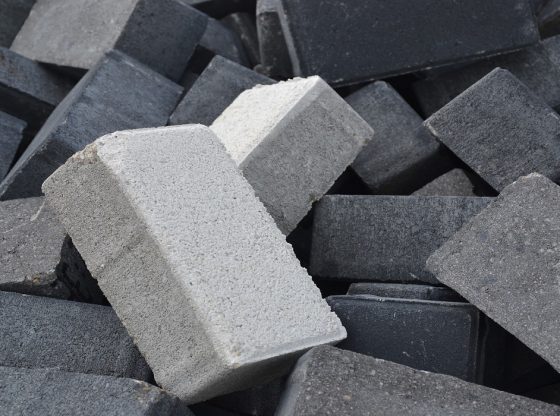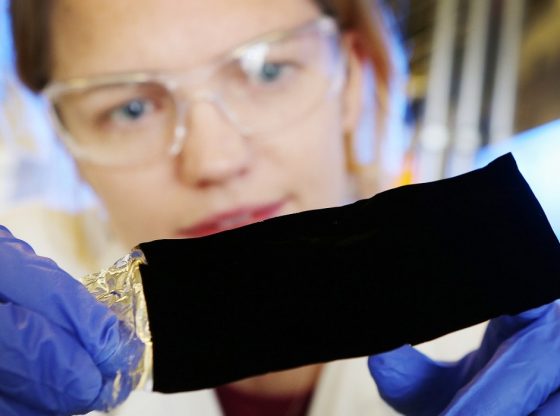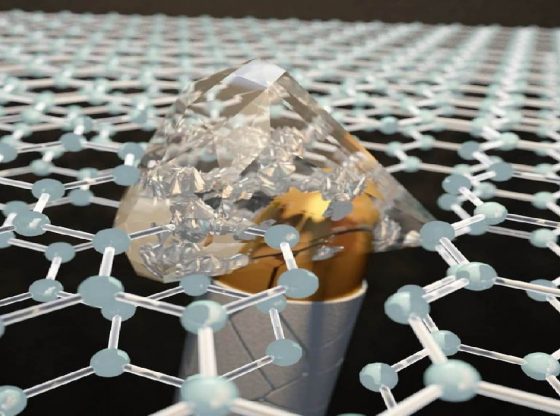
American researchers have developed a new plastic-like material that can be broken down and recycled an “infinite” number of times.
So far, the research team at Colorado State University has only tested the new material the lab. But it has proven to be comparable to conventional plastic with the difference is that the new material can be broken down to its original so-called monomers and rebuilt again, over and over again. This should also be possible without any toxic chemicals, according to the study published by Science.
The research is based on a polymer that was shown to be recyclable for the first time in 2015. However, this first version of the material had low thermal resistance and was relatively soft and therefore not suitable for industrial production.
The material has since been further developed by a research team in the U.S. They have achieved a monomer polymerized at room temperature in just a few minutes, without solvent. The result is a polymer with properties similar to plastic, high molecular weight, and thermal stability. With the help of zinc chloride, the material can be depolymerized already at 120-180 degrees Celsius.
Chemical Researcher Eugene Chen, who has worked on the new material, envision a future where plastics are depolymerized in reactors to their original form and where materials can be recycled and reused an infinite number of times.
“The polymers can be chemically recycled and reused, in principle, infinitely,”
“It would be our dream to see this chemically recyclable polymer technology materialize in the marketplace,”
– Eugene Chen, professor in the Department of Chemistry
The research team is now working to optimize chemistry and develop a more cost-effective model.
Reference:
Jian-Bo Zhu, Eli M. Watson, Jing Tang, Eugene Y.-X. Chen A synthetic polymer system with repeatable chemical recyclability DOI: 10.1126/science.aar5498











![OpenAI. (2025). ChatGPT [Large language model]. https://chatgpt.com](https://www.illustratedcuriosity.com/files/media/55136/b1b0b614-5b72-486c-901d-ff244549d67a-350x260.webp)
![OpenAI. (2025). ChatGPT [Large language model]. https://chatgpt.com](https://www.illustratedcuriosity.com/files/media/55124/79bc18fa-f616-4951-856f-cc724ad5d497-350x260.webp)
![OpenAI. (2025). ChatGPT [Large language model]. https://chatgpt.com](https://www.illustratedcuriosity.com/files/media/55099/2638a982-b4de-4913-8a1c-1479df352bf3-350x260.webp)








